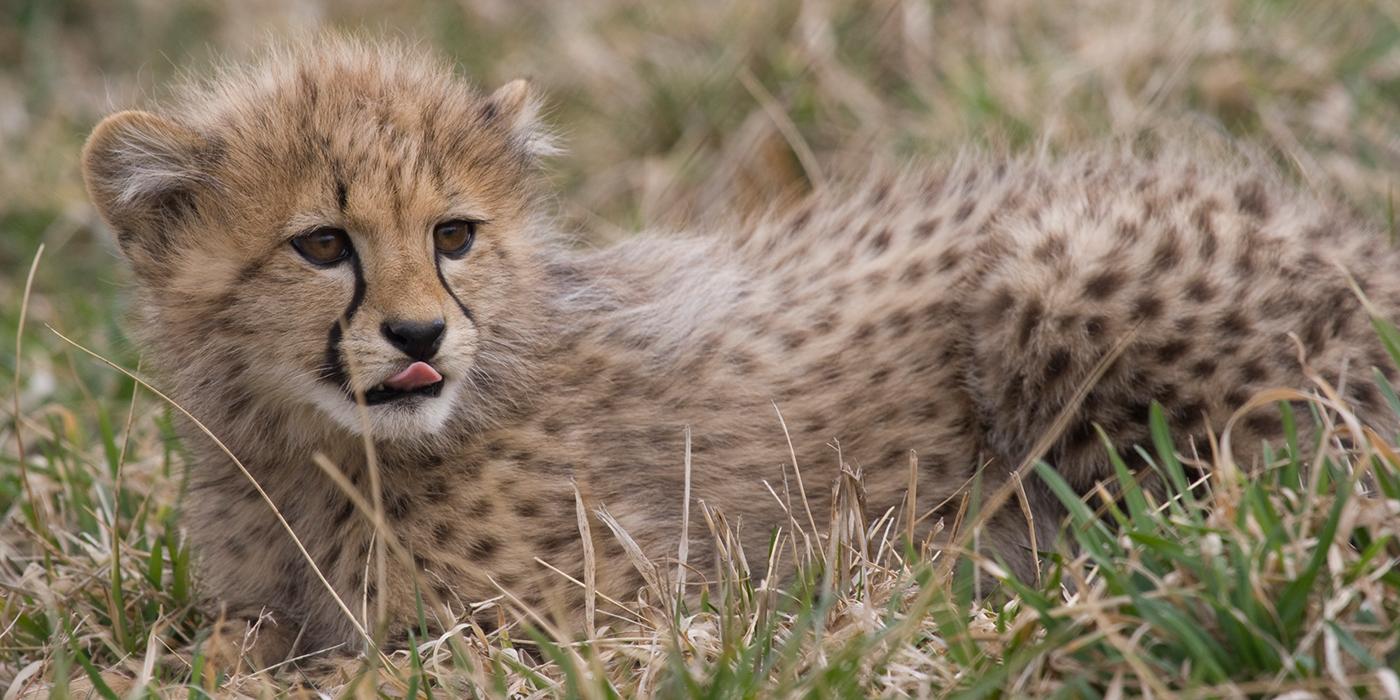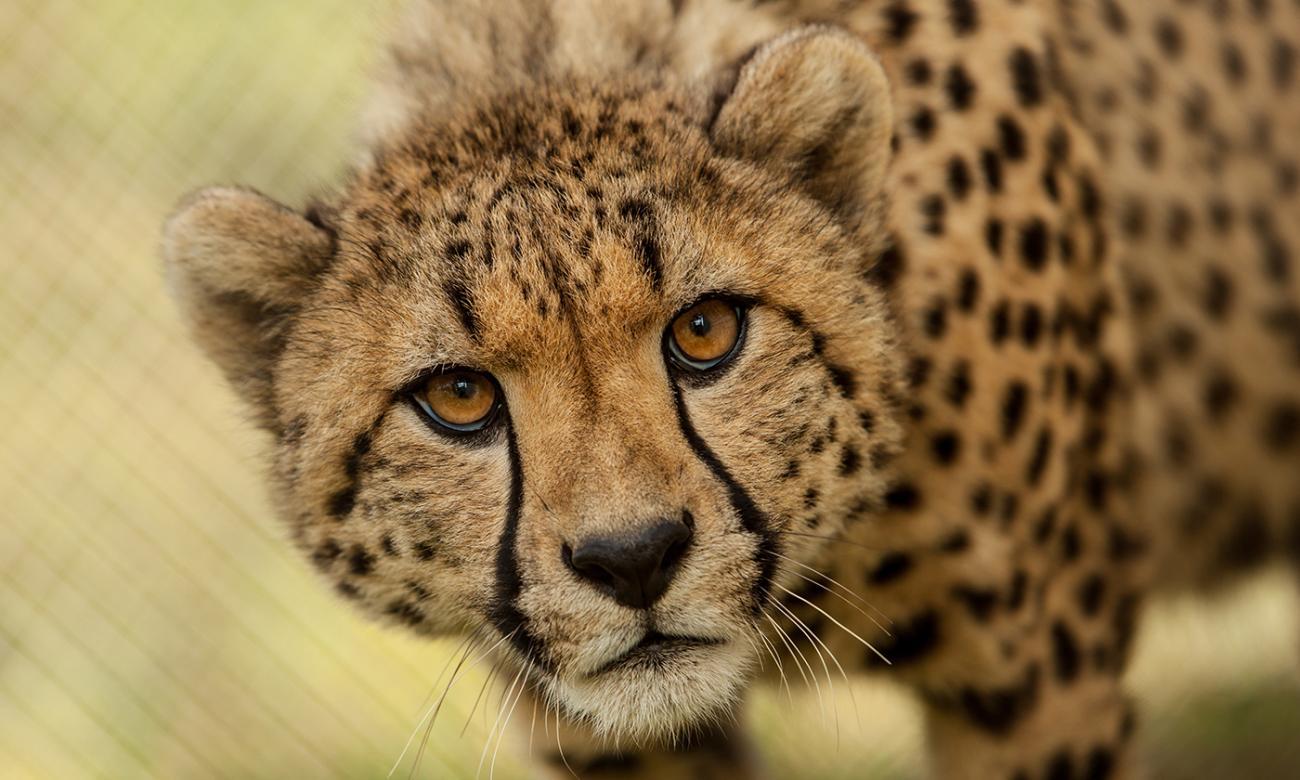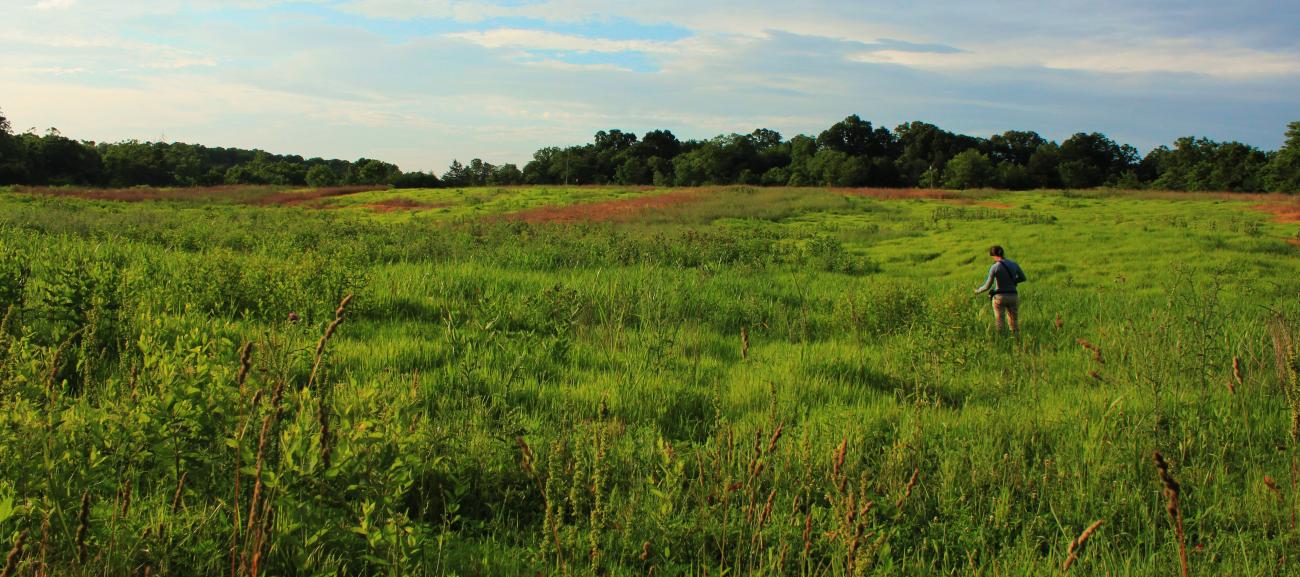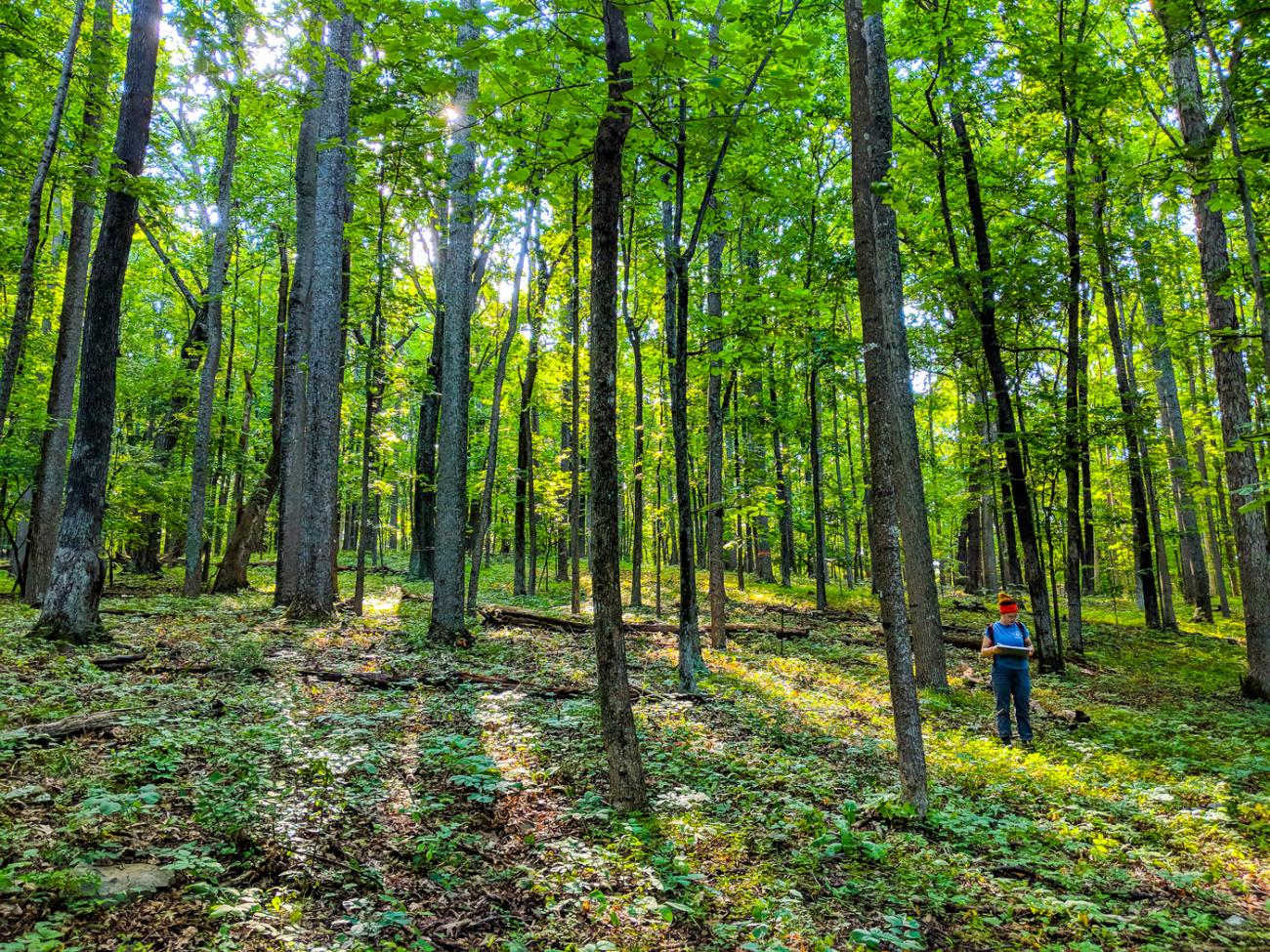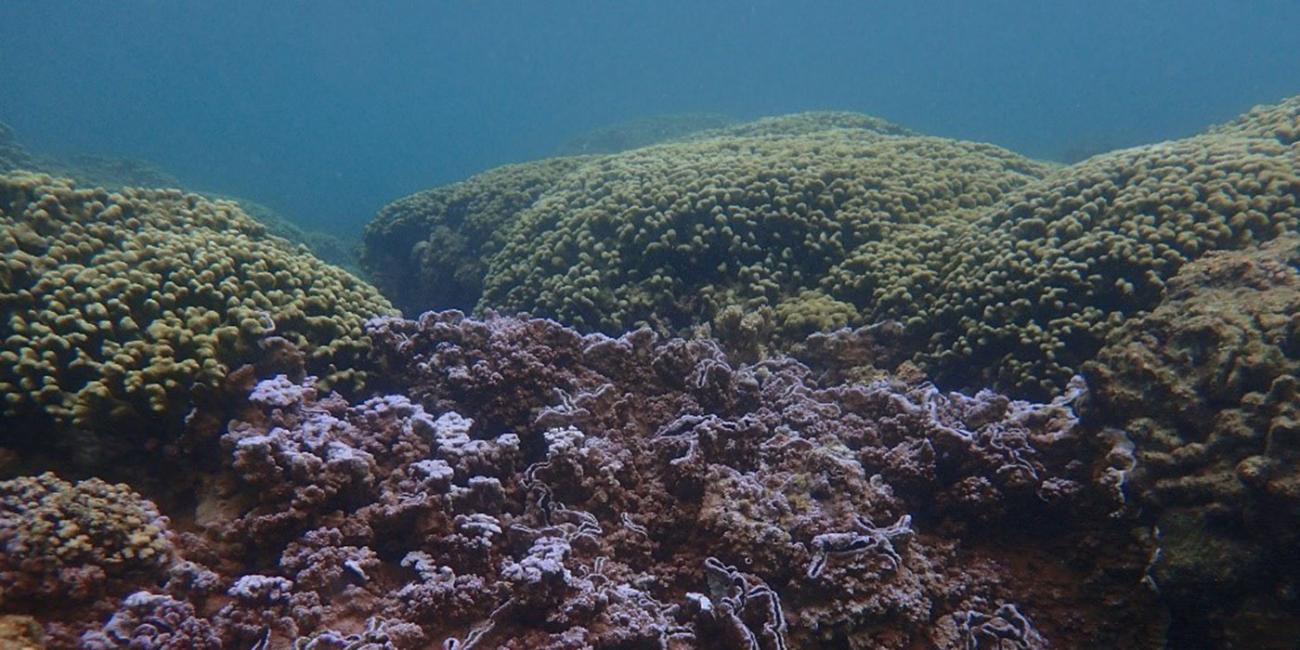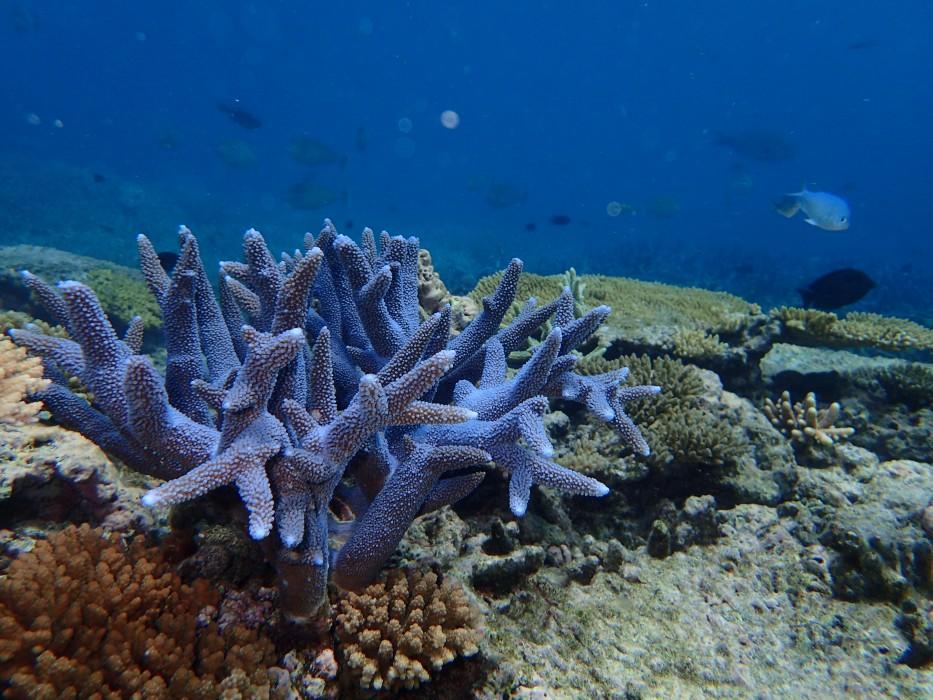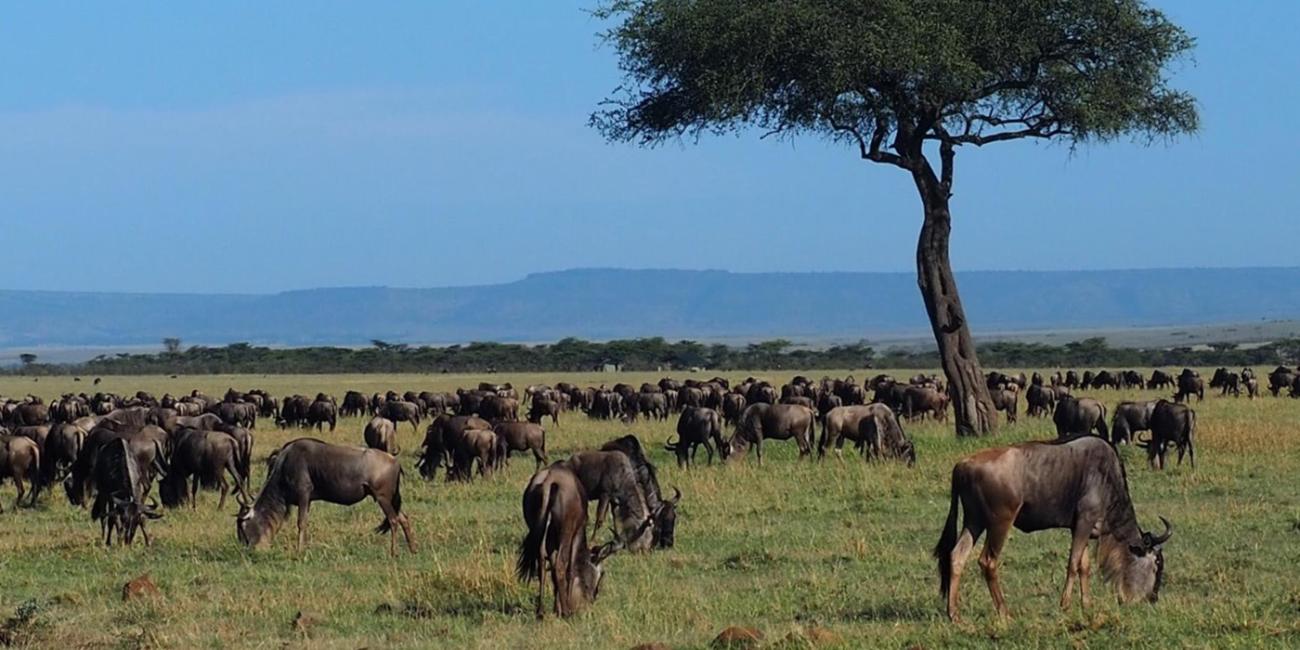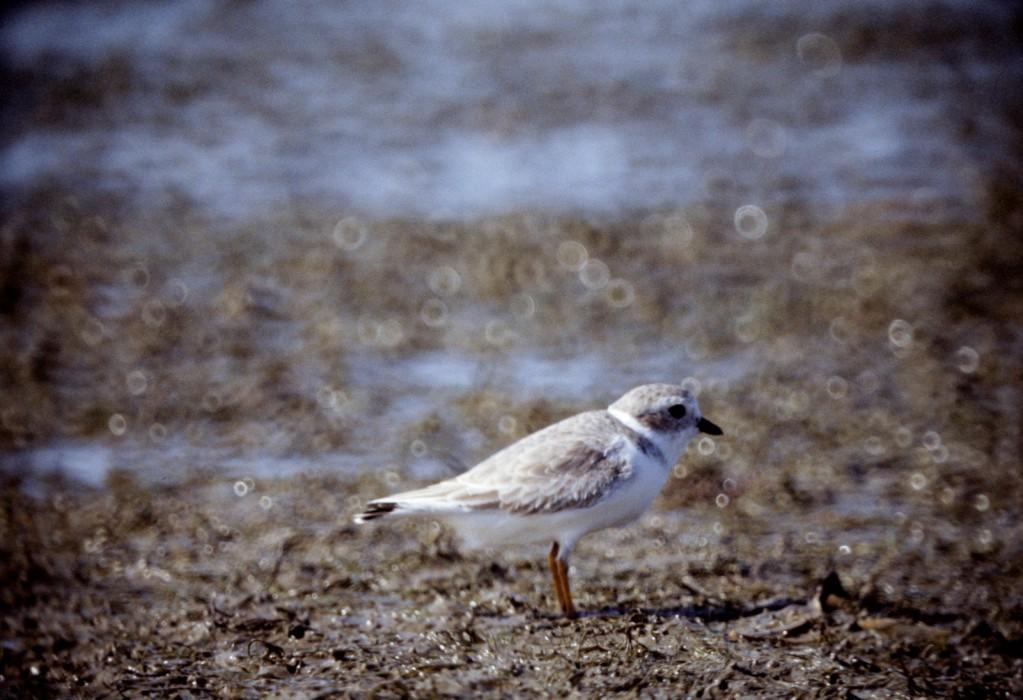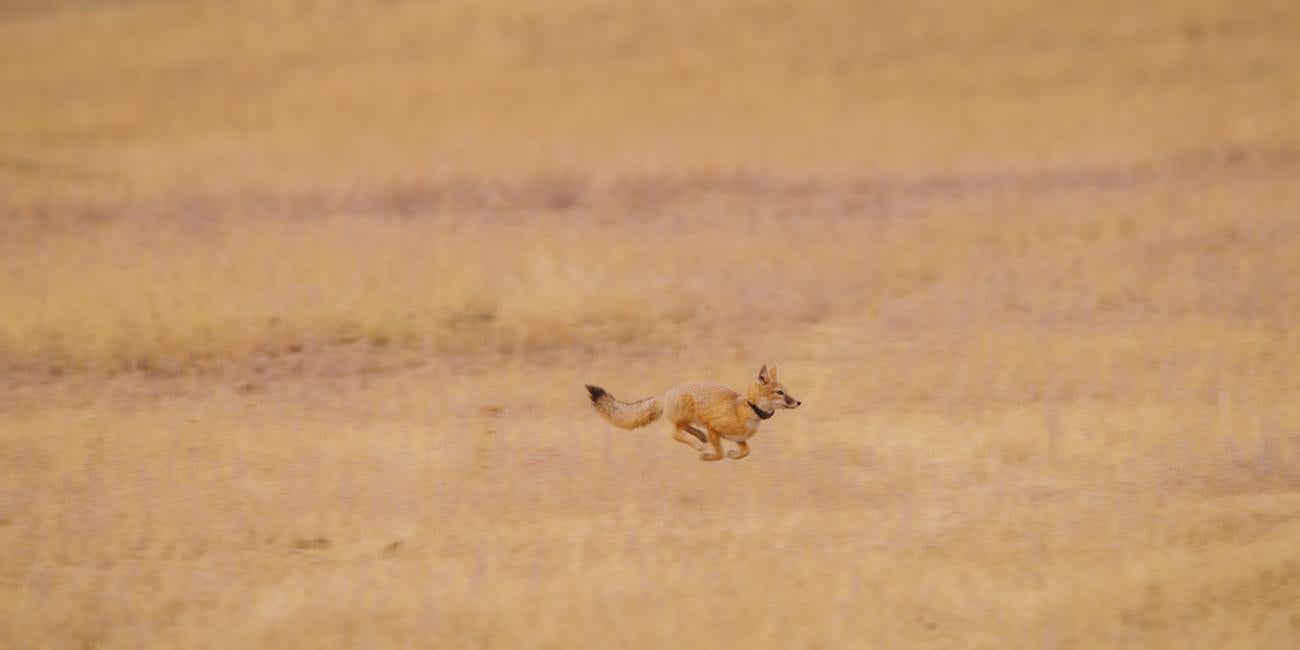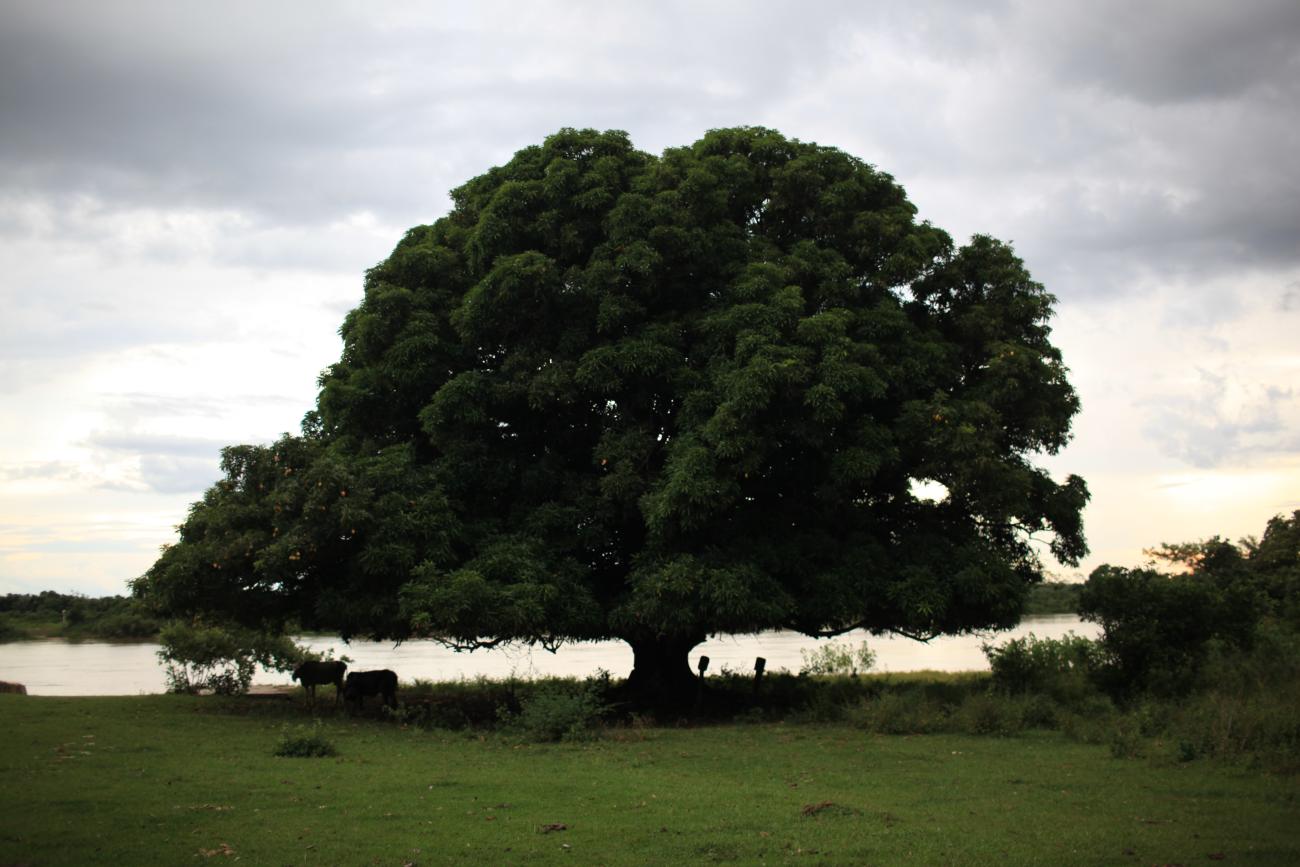Physiological Onset of Puberty in Cheetahs
Scientists at the Smithsonian Conservation Biology Institute’s Center for Species Survival (CSS) are working to better understand important biological events in cheetahs, specifically the onset of puberty, to help improve ex situ management for bolstering reproductive success and future conservation efforts. Wildlife conservationists have studied cheetahs for more than 30 years. Despite the growing library of information about the species on topics ranging from health, disease and reproduction, scientists still lack important biological data, such as when these animals go through puberty.
Puberty is important to understand in cheetahs because it helps improve management of this species in conservation facilities. Physiological data on hormonal onset of puberty will help scientists better understand how to manage litters as they grow older and determine when these animals are ready to start participating in our vital cheetah conservation breeding program.
In one study, CSS scientists, led by Adrienne Crosier, tracked significant changes in sex hormone production as well as changes in body mass over time in more than 20 young cheetahs. The project focused on when males and females begin puberty by studying sex hormones (estrogen in the females and testosterone in the males). By tracking hormones that are excreted in feces, the team was able to create profiles of these animals as they aged from 3 months to 3 years old. The team also measured body weights, as this has been associated with pubertal onset in many other species as well.
The resulting data showed that males appear to begin puberty earlier than females. Male cheetahs in this study began puberty between 18 and 24 months old, while female cheetahs were pubertal between 24 and 30 months of age. Interestingly, both males and females reached adult body weight by 21 months of age.
Collaborators and Partners
Scott C. Whisnant
Charlotte Farin
Daniel Poole
Department of Animal Science, North Carolina State University
Little Rock Zoo
White Oak Conservation Center
Dallas Zoo
National Zoological Park
